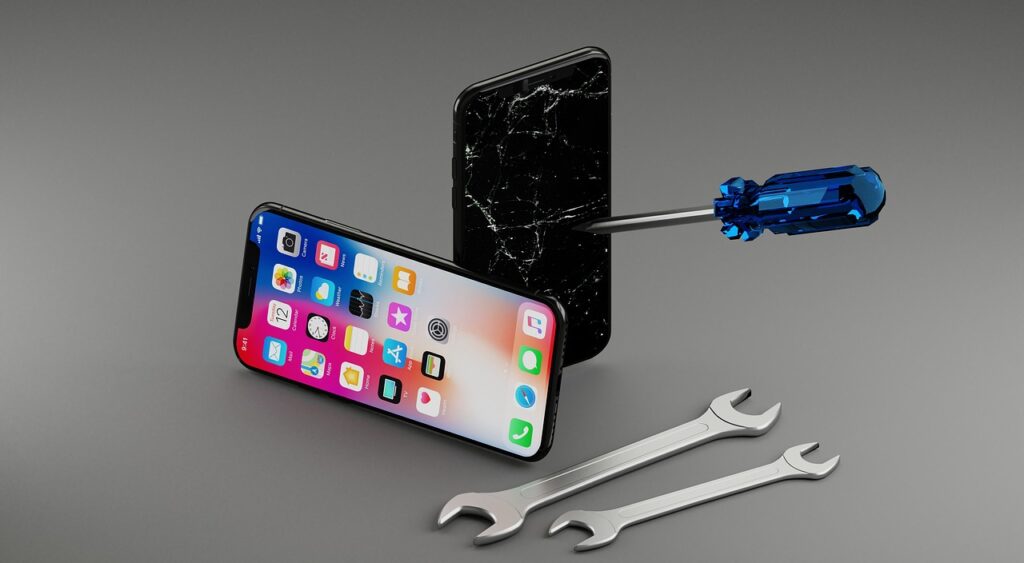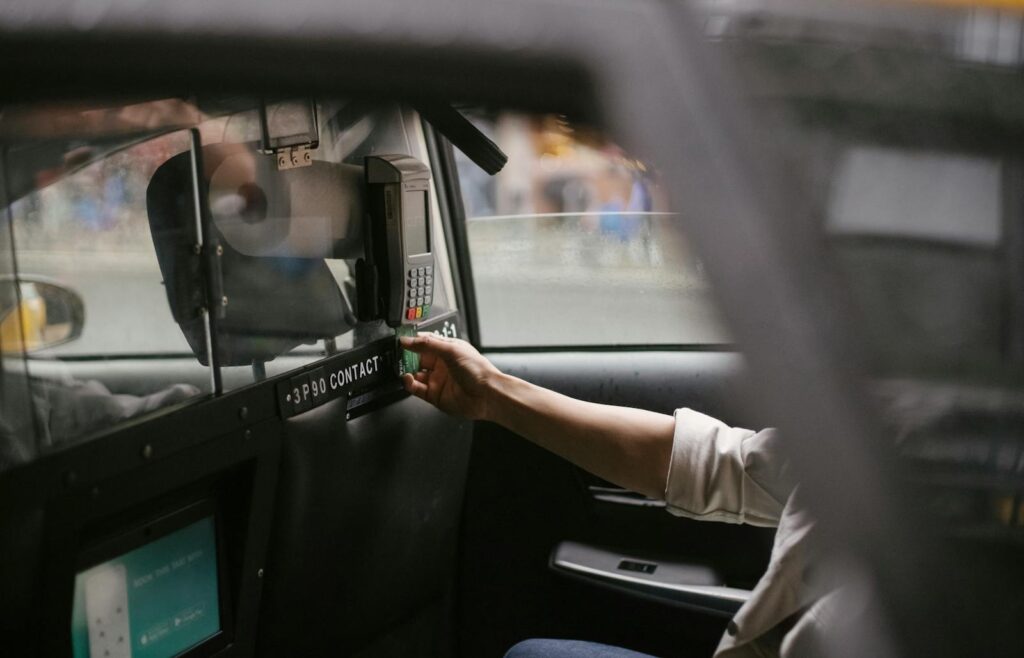In the ever-evolving saga of right-to-repair legislation, Apple’s stance has taken a curious turn. The tech giant, known for its sleek designs and proprietary systems, supported a right-to-repair bill in California but is now lobbying against a similar yet stronger bill in Oregon. This has sparked a debate about consumer rights, device security, and the environmental impact of electronic waste.

Apple’s principal secure repair architect, John Perry, voiced the company’s concerns to the Oregon legislature, stating, “It is our belief that the bill’s current language around parts pairing will undermine the security, safety, and privacy of Oregonians by forcing device manufacturers to allow the use of parts of unknown origin in consumer devices.” The crux of the issue lies in “parts pairing,” a practice where components like screens and batteries are matched to the iPhones they were originally installed in, ensuring the use of authentic Apple parts during repairs.
While Apple insists that this practice is not about monopolizing repairs but about ensuring device and data security, critics see it differently. They argue that it limits third-party repair options, creates a closed ecosystem, and could lead to increased repair costs and electronic waste. Currently, there are seven parts that, when replaced, can trigger issues during repairs, which further complicates the matter for independent repair shops.
Oregon-based cyber security expert Tarah Wheeler contests Apple’s security claims, asserting, “There is no security implication to switching the battery or glass screen out on a phone in meaningful terms.” She believes that Apple’s data security measures are robust enough without needing to restrict part replacements.
The debate in Oregon is part of a larger national conversation. In 2021, 27 states considered right-to-repair bills, but many were voted down or dismissed, often due to lobbying by tech companies. Apple, in particular, has been active in opposing these bills, suggesting that they could lead to device damage or consumer harm. However, the company has made some concessions by launching an Independent Repair Program, providing genuine parts and resources to non-authorized repair shops, albeit with certain limitations.
Apple’s contrasting positions in California and Oregon highlight the complexities of the right-to-repair movement. In California, Apple supported SB 244, which Governor Gavin Newsom signed into law, requiring manufacturers to provide parts, tools, and documentation for up to seven years after a product’s release. Apple’s support was seen as a win for the movement, with the company stating, “Apple supports California’s Right to Repair Act so all Californians have even greater access to repairs while also protecting their safety, security, and privacy.”
Yet, the situation in Oregon shows that the battle is far from over. As companies like Apple navigate the fine line between protecting their intellectual property and responding to consumer and environmental concerns, the right-to-repair movement continues to push for more open access to repairs.
Related posts:
Apple lobbies against Oregon right
Apple’s Efforts to Block ‘Right to Repair’ Laws Highlighted in New Report
Apple lobbying against right-to-repair law in Oregon





